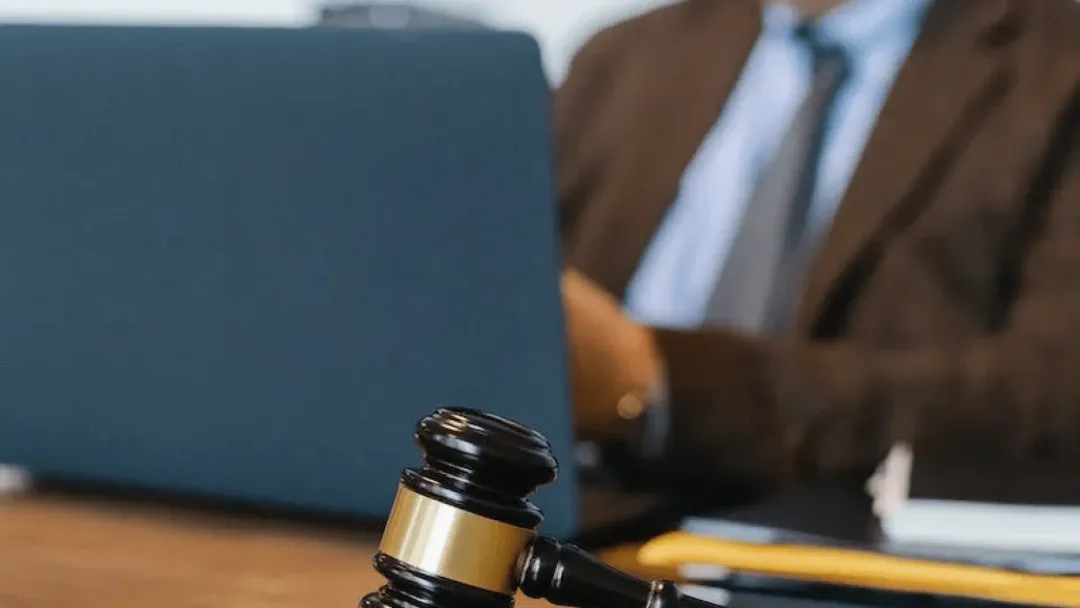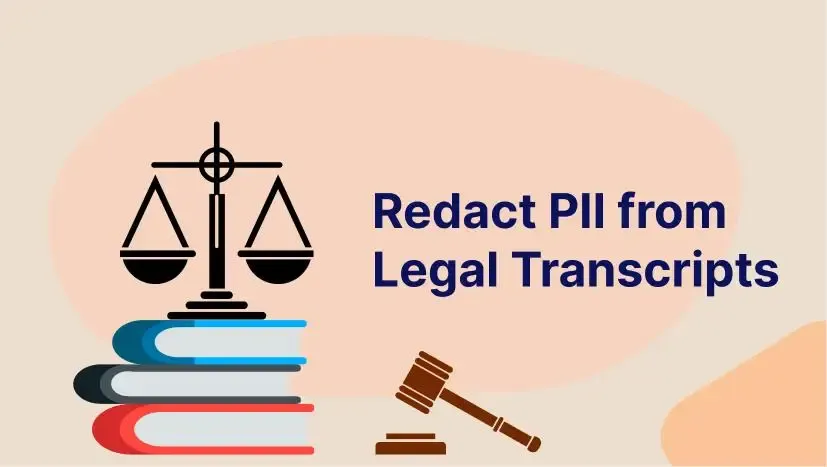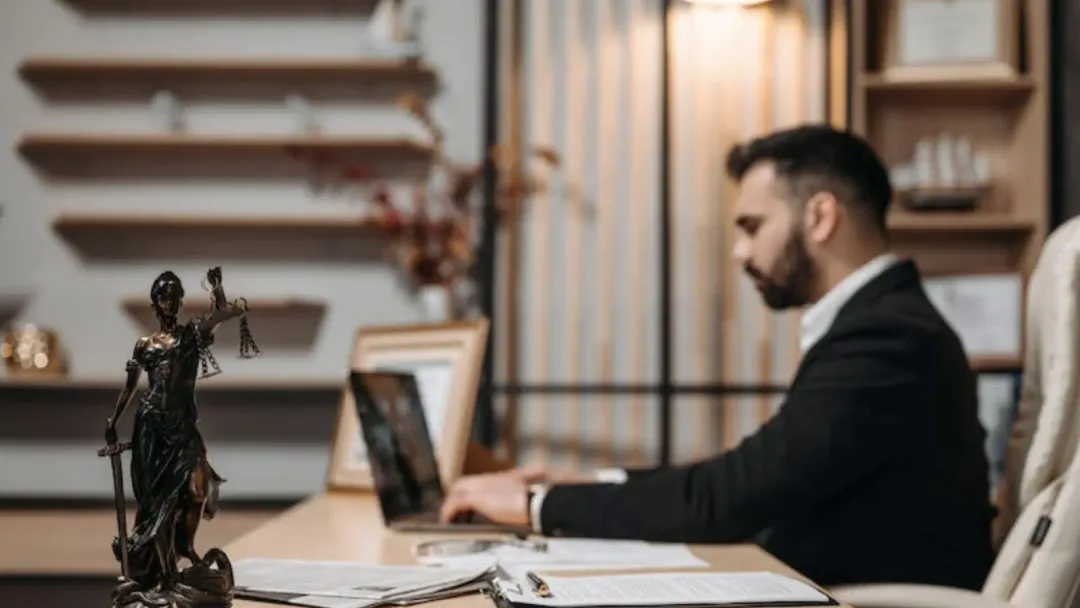Unlocking the Path to the Legal Transcription - 3 Easy Steps
November 2020
·
2 min read

If you are looking to pursue a career in the legal field, there are a lot of verticals to explore. Those who are meticulous and excel in typing skills can thrive as a legal transcriptionist.
What Is a Legal Transcriptionist?
A legal transcriptionist (aka a legal transcriber) is a person who converts speech to text for legal purposes. People with excellent listening and typing skills and knowledge of legal terminology can succeed in this role. The written text must be verbatim, meaning it should be the exact words spoken on the recording.
Legal professionals like lawyers and attorneys use law transcription services to consult and build their case. There is no room for error in this profession, as a single mistake can prove costly.
Unlike court reporters, legal transcriptionists do not involve in recording live conversations. Instead, they receive an audio files and transcribe them into written documents.
What Do Legal Transcriptionists Do?
Here are some major tasks legal transcriptionists must do:
-
Listen to provided media (audio/video) recordings.
-
Transcribe recordings into legal documents, including legal memos, pleadings, motions, correspondence, depositions, time entries, et cetera.
-
Use standard computer setup and a headset to listen to audio and create relevant documents.
-
Transcribe the recording verbatim and proof-read to create error-free documents.
How Much Do Legal Transcriptionists Earn?
As of 2022, the average salary of a legal transcriptionist in the US is $42,108. However, this number can vary depending on the geographical area, level of experience, employer and skill set.
Legal transcriptionists can also get benefits such as a flexible schedule, health insurance and professional development help.

How To Become a Legal Transcriptionist?
There is not a specific answer on how to become a legal transcriptionist. The way to become a legal transcriptionist may vary depending on your qualifications and experience. There are also no set qualifications on the field required. Yet it helps if have some training or certification under your belt.
Requirements for legal transcriptionists can vary from state to state. Most states need transcriptionists to pass a typing test with a minimum speed of 60 words per minute. Some employers may also ask for certification from an accredited transcription program.
Even if there is no one-size-fits-all answer, here are some things you can do to become a legal transcriptionist:
1. Educational Qualification
You won't need a college degree to apply for an entry-level legal transcriptionist job. Some employer may ask a high-school diploma. It is better if you have experience working in a legal setting.
It is important to have a good understanding of the law. Completing a certificate program in legal transcription will strengthen your profile.
2. Enhance Your Skills
Here are a set of skills required to take on the role of a legal transcriptionist.
- Excellent listening skills
- Fast and accurate typing (Preferably 60+ words a minute)
- Attention to detail
- Knowledge of legal terminologies
- Language skills (Primary language that you will be transcribing)
More often, you will be working under legal professionals who will be responsible for your training. The majority of your skills will develop after you start and go on with the job.
3. Consider Getting a Certification
A certification of training or experience can further enhance your credibility. You can apply for a Certified Electronic Transcriber (CET) through the American Association of Electronic Reporters and Transcribers. You will need to pass a two-part exam that includes a multiple-choice knowledge examination and a practical examination.
You can also pursue certificate programs in legal transcription offered through community colleges, vocational schools, and technical schools. Most of them take as little as a few months to complete, yet it will increase your chances of getting a legal transcriptionist role.


